
Top 10 Conservative Search Engine You Can Trust
In today’s digital age, privacy has become a top concern for internet users. Traditional search engines like Google, Bing, and Yahoo may offer speed and convenience, but they often collect personal data, track search behavior, and show targeted ads. That’s where conservative search engine come in — these platforms are built to protect your privacy, avoid censorship, and provide neutral, ad-free results.
Let’s take a look at the top 10 conservative search engines, one by one, and understand what makes each of them different and trustworthy.
1. DuckDuckGo
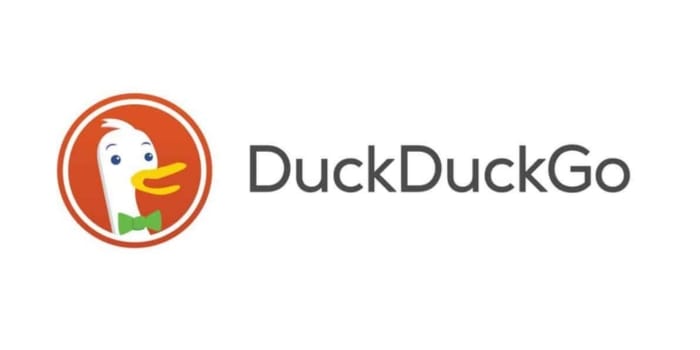
DuckDuckGo is one of the most recognized privacy-focused search engines in the world. Launched in 2008, it quickly gained popularity among users who wanted a cleaner, safer, and more private way to browse the internet. Unlike traditional search engines, DuckDuckGo does not track your browsing activity, doesn’t collect personal information, and avoids showing you targeted ads based on your behavior.
Its interface is simple, fast, and free from clutter. DuckDuckGo offers browser extensions and a mobile app to block hidden trackers, upgrade your encryption, and ensure anonymous browsing.
What makes DuckDuckGo unique?
- No tracking, ever: DuckDuckGo doesn’t collect or store any personal information. It treats every user the same — no filter bubbles, no behavior profiling.
- Anonymous search results: Your IP address, location, and search history are never saved.
- Built-in tracker blocking: With its browser extension or app, you can block ads and hidden trackers on any site you visit.
- Bang shortcuts: Unique “!bang” commands allow you to quickly search specific sites like !w for Wikipedia or !yt for YouTube directly.
DuckDuckGo is ideal for users who want strong privacy protection without compromising on quality results.
2. Ecosia

It’s also privacy-conscious. Ecosia does not sell your data to advertisers, and it anonymizes all searches within a few days. While it uses Bing’s search technology, it adds its own layer of privacy and eco-ethics.
What makes Ecosia unique?
- Tree-planting mission: Over 170 million trees have been planted thanks to Ecosia users.
- CO₂-neutral infrastructure: Ecosia runs on 100% renewable energy.
- Privacy commitment: It doesn’t create personal profiles, and search data is deleted after 7 days.
- Transparency reports: They publish monthly financial reports showing exactly how ad revenue is used.
If you care about both privacy and the environment, Ecosia is a meaningful alternative to traditional search engines.
3. Brave Search
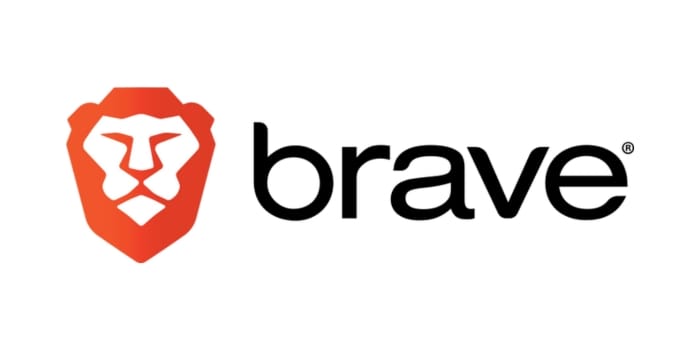
Brave Search is developed by the makers of the Brave browser — a popular privacy-first browser known for blocking ads and trackers. Unlike most search engines that rely on Google or Bing for results, Brave Search uses its own independent index, giving users more control and transparency.
Launched in 2021, it quickly gained attention for being fully private, transparent, and independent. Brave Search offers unfiltered results and never tracks your identity or search history.
What makes Brave Search unique?
- Independent index: Brave doesn’t rely on Google or Bing, making its results less biased and more independent.
- No tracking: It doesn’t collect your personal data or store your search queries.
- Transparency: You can check how much of a result is powered by Brave’s own index through the “result independence” score.
- Seamless with Brave browser: Fully integrated for privacy-focused browsing.
Brave Search is ideal for those who want a completely independent and private search experience without relying on Big Tech infrastructure.
4. Disconnect Search
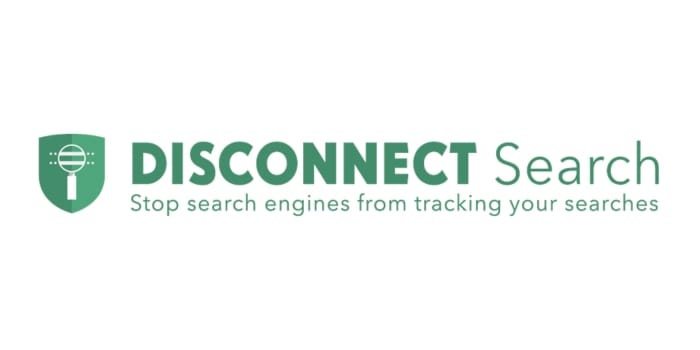
Disconnect Search takes a unique approach by letting you search anonymously through major search engines like Google, Bing, and Yahoo — without them ever knowing who you are.
It acts as a secure layer between you and these platforms, ensuring your personal information is never shared. It’s developed by Disconnect Inc., a company known for its privacy tools and browser extensions.
What makes Disconnect Search unique?
- Proxy-based search: It routes your searches through their servers, masking your identity from the search engine.
- Use Google privately: You get accurate Google results without being tracked.
- Built by privacy experts: Disconnect is a respected name in online privacy, offering tracker-blocking tools.
- Browser extensions available: You can easily integrate Disconnect tools into Chrome, Firefox, or Safari.
Disconnect Search is perfect for users who want Big Tech-level results without giving away their data.
5. Yippy Search
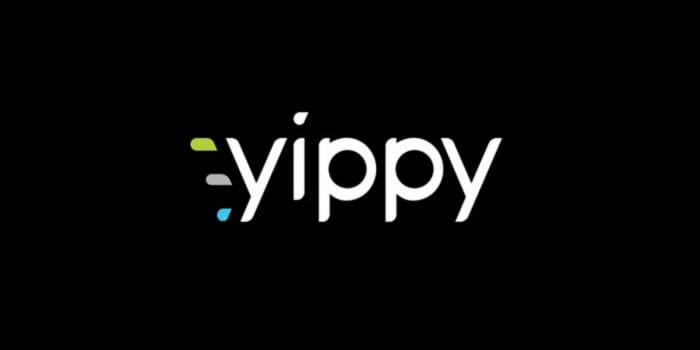
Yippy is a conservative-friendly search engine that focuses on family-safe content and avoids objectionable or adult material. It uses clustering technology to group results by topics, helping users explore different aspects of their search in a more organized way.
Yippy is also known for not tracking users or showing personalized ads. It presents search results in a clean, uncensored, and neutral format.
What makes Yippy unique?
- Strict content filters: Automatically blocks adult and explicit content.
- Search clustering: Organizes results into categories, making it easy to browse complex topics.
- No tracking or profiling: Keeps your searches private and secure.
- Focus on free speech: Promotes uncensored, neutral information without political bias.
Yippy is ideal for families, schools, or individuals seeking a clean, conservative search experience.
6. Qwant
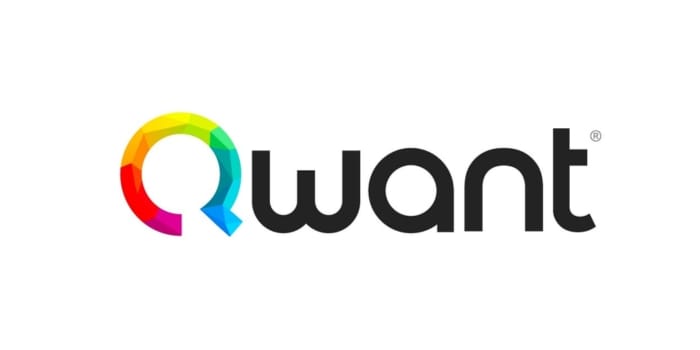
Qwant is a European search engine based in France, launched in 2013. It emphasizes user privacy and digital sovereignty. Qwant does not use tracking cookies, doesn’t sell user data, and complies with strict European privacy laws like GDPR.
It has its own indexing technology and also includes dedicated platforms like Qwant Music and Qwant Junior (for kids), catering to various audience types.
What makes Qwant unique?
- European-based with GDPR compliance: Built around data protection laws.
- Zero tracking: Does not monitor or log your queries or browsing activity.
- Specialized search platforms: Includes dedicated sections like Qwant News, Music, and Junior.
- Own search technology: Doesn’t rely entirely on Google or Bing.
Qwant is a powerful choice for users in Europe and beyond who want privacy, neutrality, and a clean interface.
7. Startpage
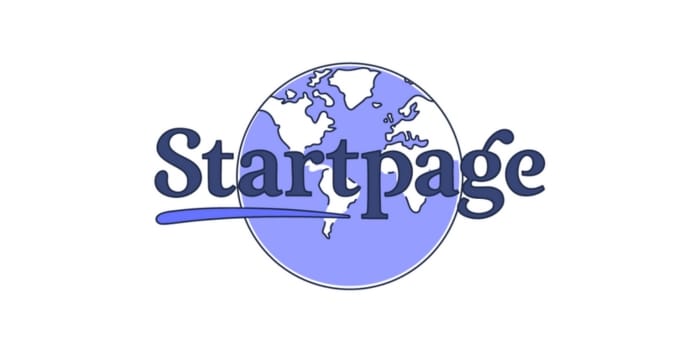
Startpage provides Google search results without Google tracking. It acts as a proxy, submitting your search to Google anonymously, then showing you the results — all while keeping your identity hidden.
It’s based in the Netherlands and complies with strong European privacy laws. Startpage also offers features like Anonymous View, which lets you browse websites through a privacy shield.
What makes Startpage unique?
- Google results, no tracking: Best of both worlds — powerful results, complete privacy.
- Anonymous View: Browse websites anonymously with one click.
- No logs, no cookies: Your searches aren’t saved or sold.
- Privacy certified: Audited and recommended by privacy experts.
Startpage is great for users who love Google’s accuracy but hate Google’s surveillance.
8. Gibiru
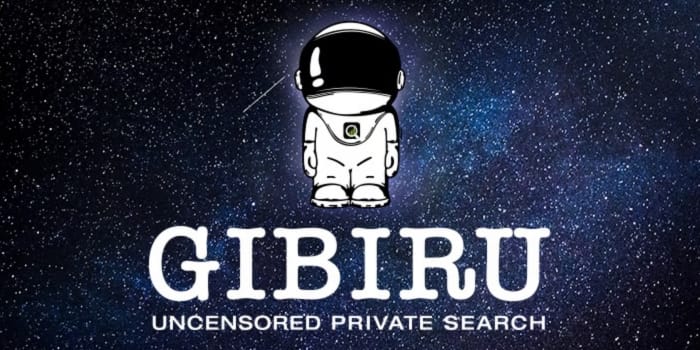
Gibiru brands itself as an uncensored private search engine, offering search results free from Big Tech filtering and tracking. It’s especially popular with users concerned about internet censorship and ideological bias.
Gibiru uses modified Google algorithms but strips out the tracking, profiling, and censorship that comes with them. It also offers an optional plugin for enhanced privacy.
What makes Gibiru unique?
- Uncensored results: Avoids filtering and manipulation found in mainstream search engines.
- Privacy-focused: No IP logging, tracking, or cookies.
- Optional encryption plugin: Adds another layer of browsing privacy.
- Appeals to free-speech users: Strong following among politically independent or conservative users.
Gibiru is ideal for those seeking total freedom in information access without being tracked.
9. Searx
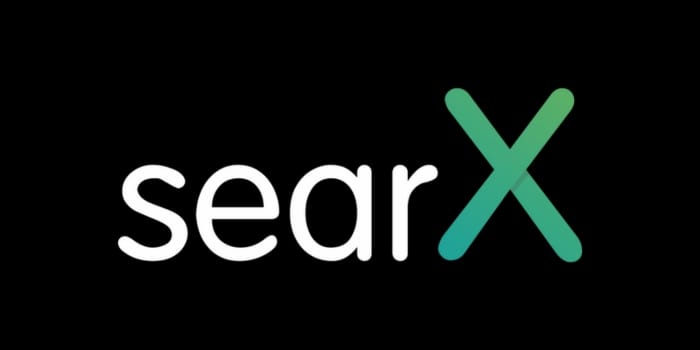
Searx is a decentralized, open-source metasearch engine. It pulls results from multiple sources like Google, Bing, DuckDuckGo, and others — but without tracking users. Anyone can set up their own Searx instance and customize it as they like.
It offers complete transparency, configurability, and privacy, making it a favorite among tech-savvy users.
What makes Searx unique?
- Open-source and self-hostable: Run your own private search engine.
- Highly customizable: You can change search sources, appearance, and filters.
- No user tracking or logs: Built around absolute privacy.
- Multiple categories: Search the web, images, news, files, videos, and more.
Searx is perfect for developers, researchers, or privacy experts who want full control.
10. Swisscows
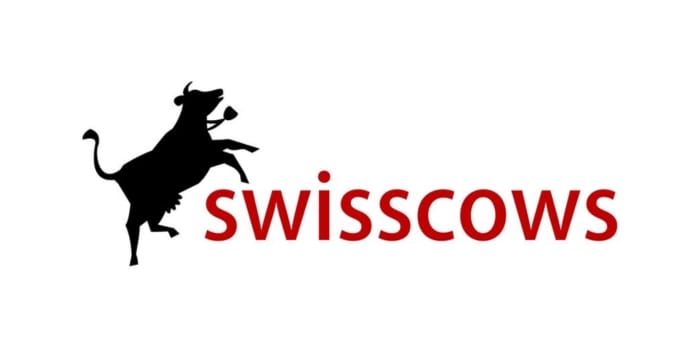
Swisscows is a family-friendly, privacy-focused search engine based in Switzerland. It’s known for its semantic search technology, which tries to understand the meaning behind your query instead of just matching keywords.
It does not store any user data, IP address, or search history. All servers are located in Switzerland — a country with some of the world’s strongest data privacy laws.
What makes Swisscows unique?
- No tracking ever: Doesn’t collect any personal information.
- Semantic search: Understands the context of your search for better results.
- Family-safe: Automatically blocks adult content.
- Hosted in Switzerland: Protected under strong privacy laws.
Swisscows is an excellent option for families, students, and anyone who wants a private, intelligent, and safe search experience.
Benefits of Using Conservative Search Engine
Using conservative or privacy-focused search engines comes with several important advantages, especially in a time when online tracking, targeted ads, and biased content are common on mainstream platforms. Here’s why these alternatives are worth considering:
1. Stronger Privacy Protection
Most conservative search engine, like DuckDuckGo, Startpage, and Brave Search, do not track your search history, IP address, or personal information. This means you can browse and search without being followed across the internet.
2. Freedom from Filter Bubbles
Mainstream search engines use your data to personalize search results, which can trap you in a “filter bubble.” Conservative search engine provide unbiased, unfiltered search results, letting you see the full picture — not just what algorithms think you want to see.
3. No Targeted Ads
Since these platforms don’t collect personal data, they also don’t bombard you with personalized ads. This results in a cleaner, faster, and less intrusive browsing experience.
4. Uncensored Information
Engines like Gibiru and Yippy prioritize free speech and uncensored access to information. They don’t suppress content based on political or ideological bias, making them appealing for users who want raw and unrestricted results.
5. Family-Friendly Options
Engines such as Swisscows and Yippy automatically filter out adult content, making them suitable for schools, families, and younger users who want a safe search environment.
6. Support for Ethical Causes
Some engines go beyond privacy. For instance, Ecosia uses ad revenue to plant trees, supporting global reforestation. Choosing such a platform means your everyday searches contribute to positive environmental change.
7. Open-Source and Customizable
Platforms like Searx are open-source, giving you the freedom to self-host and customize your own private search engine. This level of transparency and control is rare among big-name services.
8. Compliance with Privacy Laws
Most of these engines are based in privacy-conscious regions (like Europe or Switzerland) and comply with laws like GDPR, ensuring your data isn’t being misused.
Conclusion
In an era where online surveillance, data harvesting, and biased algorithms have become the norm, conservative search engine offer a refreshing alternative. Whether your priority is privacy, freedom of speech, family safety, or environmental responsibility — there’s a search engine tailored to your values.
From DuckDuckGo’s strict no-tracking policy, to Ecosia’s green mission, and Gibiru’s uncensored results, these platforms prove that you don’t need to sacrifice your personal data to get reliable search results. So next time you go online, consider switching to a conservative search engine — your privacy, and possibly the planet, will thank you.
You may also like

Convert Generation IT LLC Now Operating in the USA

Freelancing SEO Services on Fiverr to Make Sites Visible

Get Hostinger Referral Discount – Exclusive Offer

